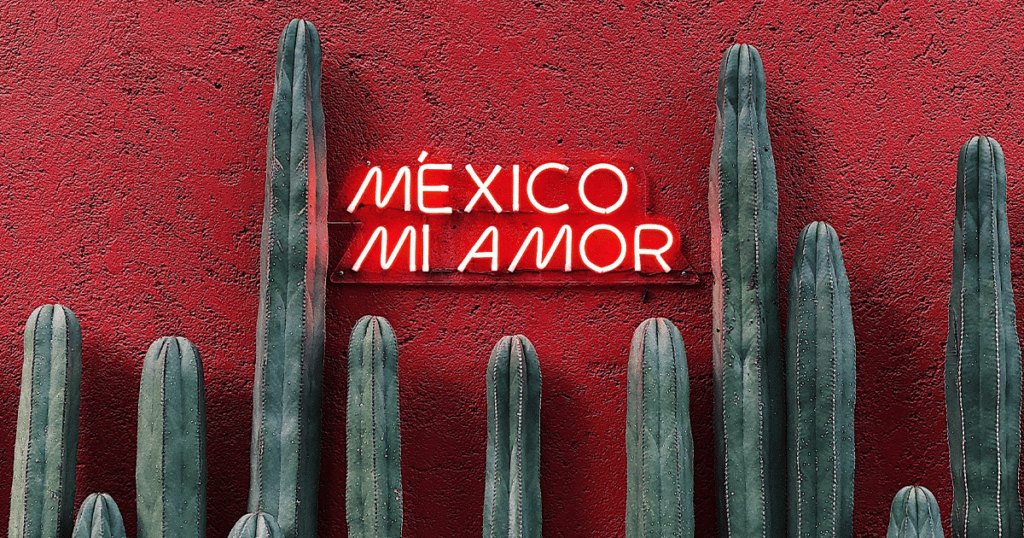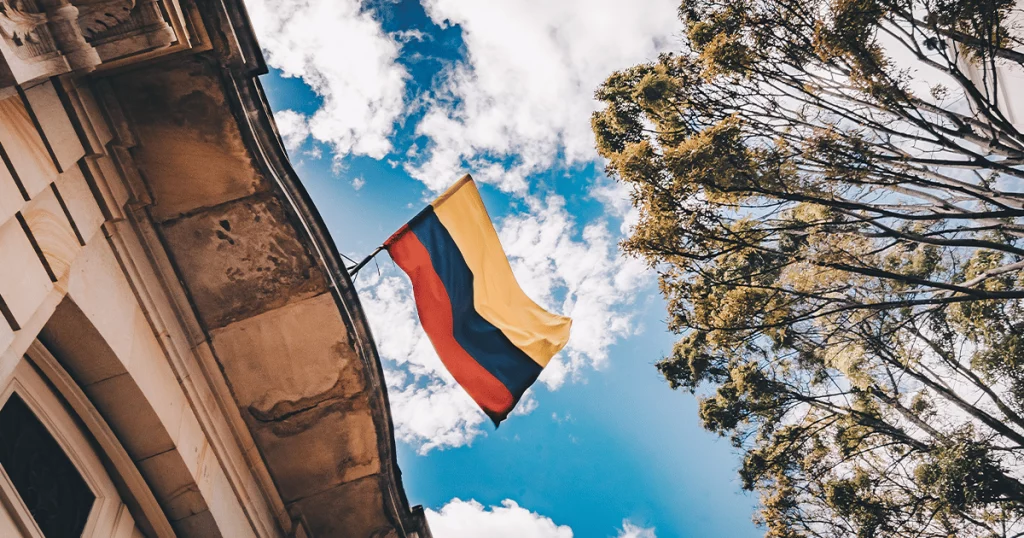In what could be a watershed moment for cannabis legalization, Colombia is moving to legalize the plant entirely. They are currently in talks with Mexico to develop a Latin American coalition to help cement the region’s influence on the international cannabis scene.
South and Latin America have the opportunity to be major international players in the production of cannabis if they set it up correctly. However, this will require them to establish their own system instead of relying on the US to dictate it to them as they have for decades.
Drugs: 1 | The Americas: 0
The War on Drugs seems to be coming to an end, and it looks like the drugs won.
Mexico and Colombia are leading the global effort to change the current criminalization model, which has failed in both countries in reducing illegal drug production or consumption. It has not taken power away from cartels (and instead created new ones), nor has it done anything to stop violence or corruption around those industries.
Recently, Mexico and Colombia announced that they would be bringing together other Latin American leaders for an international conference focused on redesigning and rethinking drug policy, given the massive failure of prohibition. This is a big deal. The presidents of two countries that have been devastated by the war on drugs—having seen their citizens slaughtered as part of that war, their economies destroyed by the illegal market, and their countries run by cartels—are working together to reform international drug policy.
Moving Past Criminalization
Colombian President Gustavo Petro and Mexican President Andrés Manuel López Obrador are planning on bringing together other Latin American leaders to end prohibition throughout the continent.
The goal is to redesign drug policy, hoping to lead an international discussion focusing on moving away from a criminalization model for drugs.
The disbanding of prohibition laws was Petro’s campaign promise, and Colombian and Mexican politicians alike have wanted to move past criminalization for a while now.
Latin America has made progress in this area already: In Panama and Puerto Rico, you can consume cannabis as long as you are in a private residence; Colombia and Uruguay allow for recreational use; In Chile, possession of small amounts is decriminalized, while in Argentina and Peru, cannabis is grown for medical purposes at home.
However, one of the most glaring flaws with Latin American Cannabis policy is their source of inspiration: the United States.

US Influence On Its Way Out?
Since the 1970s, the US has spent more than a trillion dollars attempting to dismantle drug cartels in Latin America. Yet, US intervention only managed to move the drug problem from the Andes into Colombia, making them the world’s largest cocaine producer and turning Venezuela and Mexico into major transit routes.
The US has also served as the model for prohibitionist drug policies despite them literally never working domestically or internationally. It doesn’t make sense to follow the American drug policy model, nor does it make sense for Latin American companies to model the USA’s legalization pattern.
The United States has had a significant impact on the cannabis industry. Still, it’s time for Latin American nations to start acting independently regarding cannabis reform and distribution.
The US is currently the world leader in cannabis consumption and has been working to create a thriving cannabis industry for the past decade. However, this does not mean that Latin America is going to follow suit. In fact, if they do, they will be taking a huge step back from their own potential as leaders in the field of cannabis reform and distribution.
Latin America has an opportunity to lead the way in terms of cannabis reform and distribution, and Colombia and Mexico seem to be leading the charge.

It’s time for South and Latin America to start thinking of themselves as major international players in the cannabis industry.
Colombia is already the biggest distributor of medical cannabis, supplying both US and Canadian markets, Mexico has legalized marijuana for medical use, and Brazil has decriminalized possession of small amounts of cannabis.
The US has been trying to dictate drug policy in South America for decades, but now it’s time for these countries to take control of their destinies.
Enjoyed that first hit? Come chill with us every week at the Friday Sesh for a freshly packed bowl of the week’s best cannabis news!

















